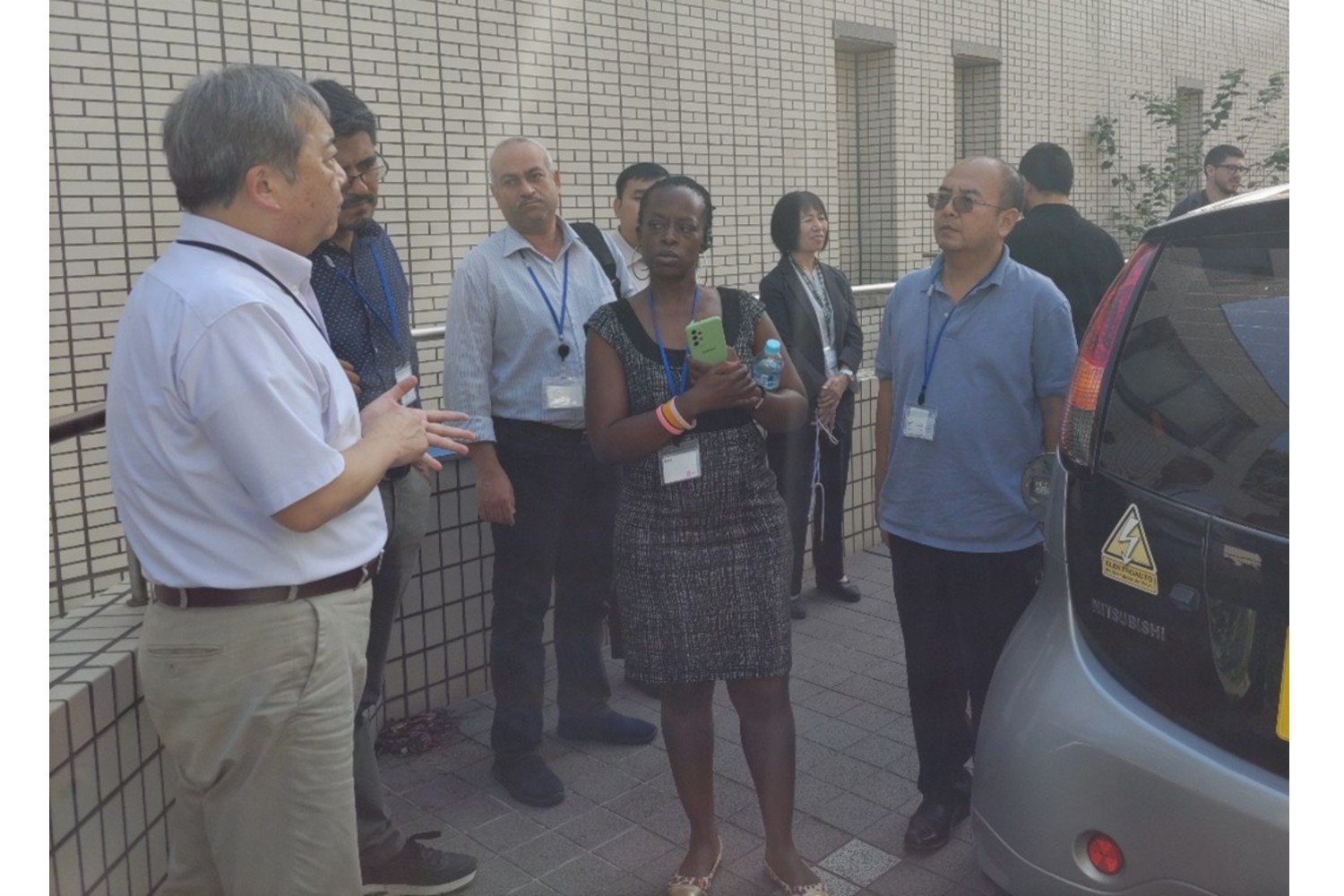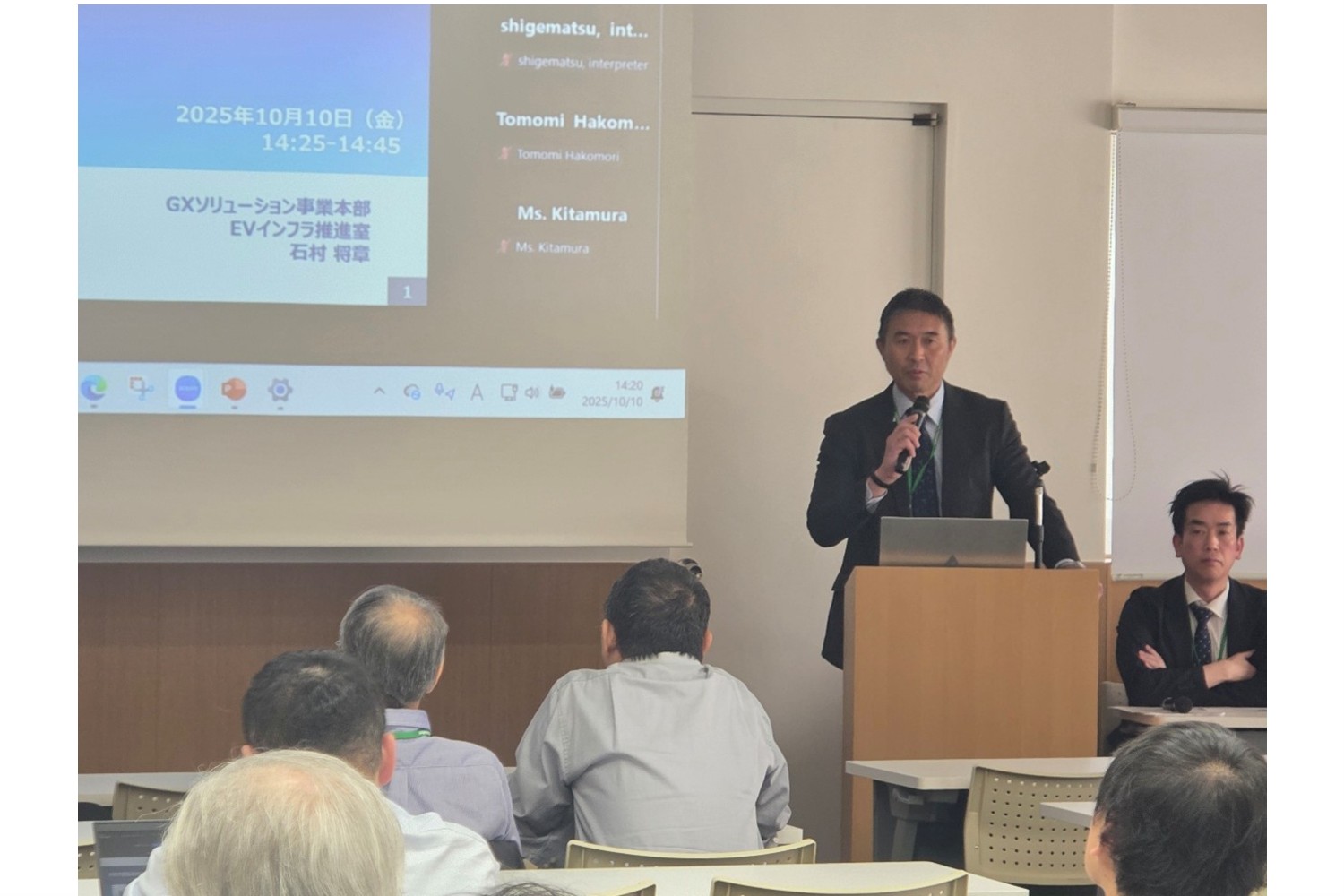CHAdeMO calls attention to the importance of open and fair competition for e-bus charging
CHAdeMO Association, since its inception in 2010, has been working hand in hand with e-mobility stakeholders on the deployment of EV charging infrastructure, and has demonstrated its technological expertise across the zero- and low-emission transport sector through incessant innovations in Europe and elsewhere.Frontend Editor
We support Europe in its efforts of advancing zero-emission mobility and the European EV market’s rapid expansion as demonstrated in 2020 despite the COVID-19 outbreak. It is no doubt that the ambition of the Commission and the policy tools helped the industry achieve the big jump in EV sales. We would be willing to assist the Commission in accelerating this trend in an inclusive manner, leaving no one behind, by contributing to this public consultation initiative.
With this background, CHAdeMO Association wishes to express our support for the proposed Commission Delegated Act regarding electric bus recharging points, especially its article 1 b) in which the combined charging system ‘Combo 2’ is defined as the minimum requirement of DC high power recharging technology. At the same time, we would like to recall that this should apply only to ‘publicly accessible’ charging infrastructure as defined in Recital 26[1] of 2014/94/EU:
The specificities of bus recharging system should be taken into account for an open and fair competition for e-bus charging
- Bus recharging system can greatly differ from one another and have typically been bespoke. This is due to the fact that bus recharging systems are needed primarily to fulfil performance requirements to ensure service reliability, which differ greatly depending on various factors such as the vehicle specifications, service route and frequency, and also because they are typically in the grounds of the bus depot inaccessible to the public.
- Bus depots that are inaccessible to the public can also be quite suited to smart charging, especially overnight charging at the depots. Operators of bus fleets should be able to select their standard of choice: for example, CHAdeMO charging protocol, the only standardised solution of V2G bi-directional charging, is already available to be integrated in the grid, in accordance with the grid codes of various European markets.
- With regards to the contact interface automated device for electric buses recharging concerning the various automated connection devices (ACD), it is even rarer that these devices are made open to the public or shared with other vehicles.
Publicly accessible e-bus charging systems should cater to as many EV users as possible and to this effect multi-system charging is the natural choice
- Considering the aforementioned heterogenous character of bus recharging needs, we wonder to what extent mandating a single recharging standard can be an effective policy measure to accelerate the e-bus uptake. However, in some use cases such as where the e-bus recharging infrastructure on the publicly accessible ground can be shared for public use during specific periods of time, it makes sense to make the charger available to the public.
- In order to serve as many EV users as possible, multi-standard charging should be the natural choice. By extending the European multistandard de facto charging system offering various DC charging options (CHAdeMO/Combo2 and potentially AC high power charging), Europe can optimise the use of its publicly accessible public e-bus recharging infrastructure.
Keep in mind that this clause should apply to publicly accessible chargers only
- We wish to recall that this charging system mandate applies exclusively to publicly accessible chargers. As per Recital 26 of the Directive 2014/94/EU, the bus fleet operator should not be bound by this new decision outside of publicly accessible charging.
- Open market and fair competition are key for better services for end customers. Keeping requirement minimum (publicly accessible recharging facilities only, ‘at least CCS’) can leave choices to customers and leave room for innovations, leading to greater service delivery for the customers in the long run. We therefore invite European Commission to inform the stakeholders that this clause should apply to the above specific cases only.
[1] (26) A recharging or refuelling point accessible to the public may include, for example, privately owned recharging or refuelling points or devices accessible to the public through registration cards or fees, recharging or refuelling points of car-sharing schemes which allow access for third party users by means of subscription, or recharging or refuelling points in public parking. Recharging or refuelling points which allow private users physical access with an authorisation or a subscription should be considered to be recharging or refuelling points accessible to the public.




